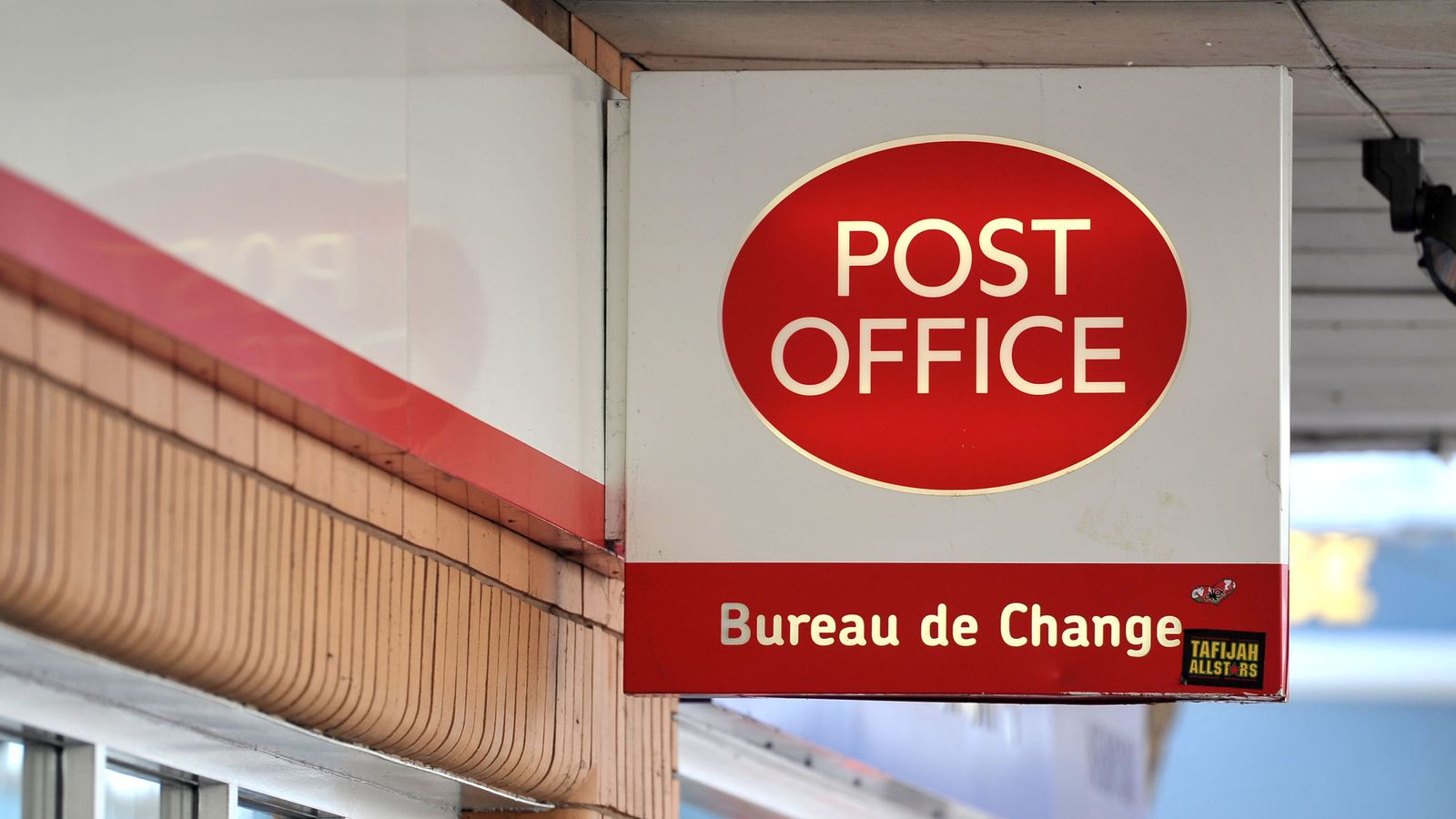Eating pace has always been very subjective to people. However, the speed with which you eat may have an impact on your overall health. Indian scriptures have advised chewing food 32 times before swallowing is which not only strengthens teeth but also guarantees that digestive enzymes are used to their fullest potential, improving nutritional absorption.Although this may appear to be just folklore, contemporary research validates the advantages of slow and focused eating.
What happen when one eats faster?
Eating rapidly can result in consuming more calories because the body doesn’t have enough time to register sensations of fullness. Even after a substantial meal, this rapid absorption may unintentionally leave one feeling unfulfilled. A lot of people who are overweight say they don’t feel full, which is typically related to their fast-eating habits.
Research shows that the speed at which people eat may influence their blood sugar levels and risk of developing health issues like type 2 diabetes and obesity. Although many factors like body weight, genetics, age, physical activity, smoking habits, and diet contribute to these risks, how quickly one eats also plays a role.
Blood sugar hike
Not all the studies are consistent, but the science behind our eating pace seems to suggest that when we eat more quickly, our blood sugar goes up faster. People who eat faster may be more likely to experience a rapid increase in blood sugar and a tendency to overeat, which over time, can lead to obesity or type 2 diabetes. Experts think this might be because people eat faster when they are very hungry. “When we go too long between meals, this can cause low blood sugar, which can contribute to us eating fast and then could lead to a rebound spike in blood sugar.
While there is an association between eating speed and disease risk, there is no definitive proof that eating quickly directly causes diabetes. Some studies show an association between eating speed and the development of diabetes, but we have no evidence that it directly causes diabetes.

Benefits of eating slowly
Eating slower has several benefits. It can help prevent overeating, improve digestion, prevent weight gain and reduce gastrointestinal problems. Eating slower can lead to a more pleasurable eating experience, which can foster a positive relationship with food.
For those looking to slow down their eating speed, experts suggest simple techniques and methods that not only might reduce health risks but also make mealtimes more enjoyable.
1. Changing the eating environment
While you might initially struggle to adopt this method but eventually find success. Moving meals from the TV area to the dining table can help you to focus on the eating experience and feel more connected with the food you’re consuming.
2. Counting chews
This method of slow eating may seem less effective for most as one might often forget to count or find it distracting. However, once you get the hang of chewing for 24 times before gulping the food, it’ll become a habit.
3. Drinking water between bites
Another technique for eating slowly is taking small sips of water or eating salad in between the actual meal. While this improves hydration and reduces food intake, it can help you eat slowly too.
4. Pacing with a slow eater
Best method to consume food slowly is to match your pace with a slow eating friend. Attempting to mimic your friends or partners eating pace might also help you slow down when eating meals.
5. Putting down your spoon between bites
This simple technique proved most effective for people who want to eat slowly. Taking a bite and then resting the spoon in the plate may help you eat more slowly and enjoy your meals.
How to make sure your kid is having a heart-healthy meal







